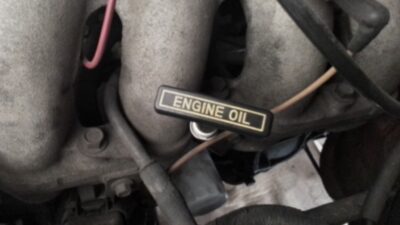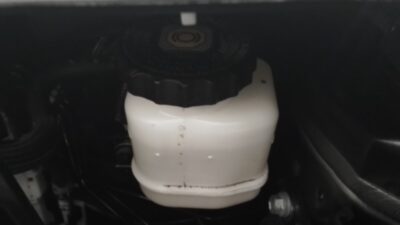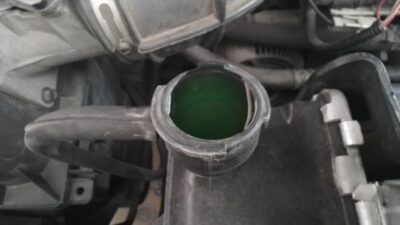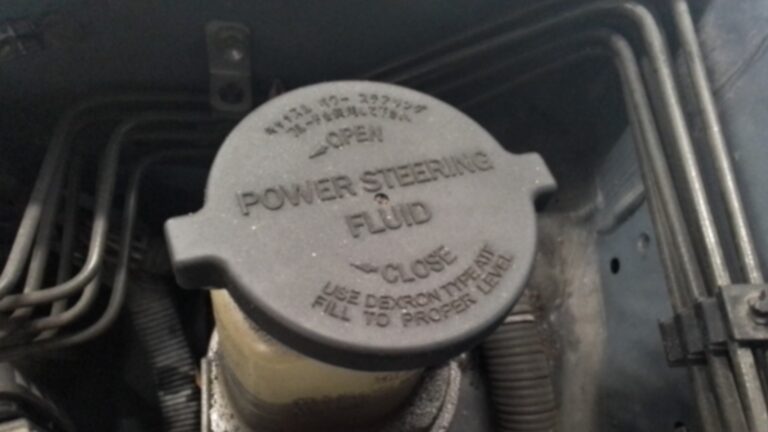
Keeping Your Car in Top Gear with Timely Fluid Changes
Hey there, car enthusiasts! Today, we’re getting under the hood to explore a topic that might not be as exciting as horsepower or as flashy as sleek exterior designs but is absolutely crucial to keeping your four-wheeled companion running smoothly – changing fluids. Buckle up as we take a deep dive into the vital role that fresh fluids play in the longevity and performance of your beloved ride. Whether you tinker in your own garage or trust your car’s maintenance to your local auto shop, recognizing the significance of fluid upkeep is crucial for ensuring your car cruises smoothly down the road. So, grab a wrench and let’s explore why staying on top of those fluid changes is more than just a garage chore – it’s a commitment to your car’s well-being.
Oil changes: The Road to Vehicle Longevity

Oil changes are like a refreshing spa day for your car’s engine. Over time, oil breaks down and becomes contaminated with dirt, debris, and engine byproducts. If you neglect changing your oil, it loses its effectiveness, leading to decreased lubrication, increased friction, and potential damage to engine components. Regular oil changes help keep everything running smoothly, improve fuel efficiency, and extend the life of your engine.
Brake Fluid: Ensuring Optimal Stopping Power and Vehicle Safety

Brake fluid plays a crucial role in your car’s braking system. Over time, it can absorb water, which lowers its boiling point and reduces its effectiveness. It’s important for brake fluid to have a high boiling point to prevent it from boiling under normal operating conditions, as boiling brake fluid can lead to a loss of braking effectiveness. Changing the brake fluid regularly helps maintain proper brake function, prevents corrosion in the braking system, and ensures your brakes work when you need them most.
Coolant/Antifreeze: Preserving Peak Performance

Coolant/antifreeze prevents the water in the engine’s cooling system from freezing in cold temperatures and overheating in hot temperatures. Over time, coolant can break down and become less effective. This can lead to corrosion, rust, and potential engine damage. Changing your coolant regularly helps maintain the proper balance of chemicals, ensuring your engine stays cool and happy.
Power Steering Fluid: Seamless Vehicle Control

Power steering fluid is the lifeblood of your car’s power steering system. Over time, it can accumulate contaminants like metal particles, debris, and other impurities. Changing the fluid regularly helps maintain proper lubrication and prevents excessive wear on the power steering pump and other components. It also ensures smooth and responsive steering, reducing the risk of issues like stiffness or noise.
Transmission Fluid: Smooth Rides and Longevity

Transmission fluid plays a crucial role in keeping your transmission smoothly. Over time, it can accumulate dirt, debris, and metal particles, leading to increased friction and wear on the transmission components. Regularly changing the transmission fluid helps to:
- Maintain Lubrication: Transmission fluid lubricates the moving parts within the transmission, reducing friction and preventing premature wear.
- Cool: The new fluid helps in dissipating heat generated during operation, preventing the transmission from overheating.
- Clean: New transmission fluid contains detergents and additives that help clean and remove deposits, sludge, and contaminants that may have built up over time.
- Optimize Performance: Fresh fluid ensures that the transmission operates efficiently, improving gear shifting and overall performance.
- Extend Lifespan: By reducing wear and tear, regular fluid changes can contribute to a longer lifespan for your transmission.
Changing the transmission fluid is a proactive maintenance step that can prevent costly repairs and extend the life of your vehicle’s transmission.
Bottom Line:
Consistent fluid changes act as essential nourishment for your vehicle, guaranteeing peak performance and a longer lifespan. Neglecting these essential maintenance tasks is like ignoring the health of your own body. It may seem fine for a while, but over time, the consequences can be severe. The smooth operation of your vehicle relies on well-maintained fluids, from the engine oil that lubricates moving parts to the transmission fluid that enables seamless gear shifts. Embracing a proactive approach to fluid changes is not just about preserving the mechanical integrity of your car; it’s a commitment to the reliability and safety of your journeys on the open road. After all, a small investment in timely fluid changes can yield substantial returns in the form of a resilient and enduring vehicle.
